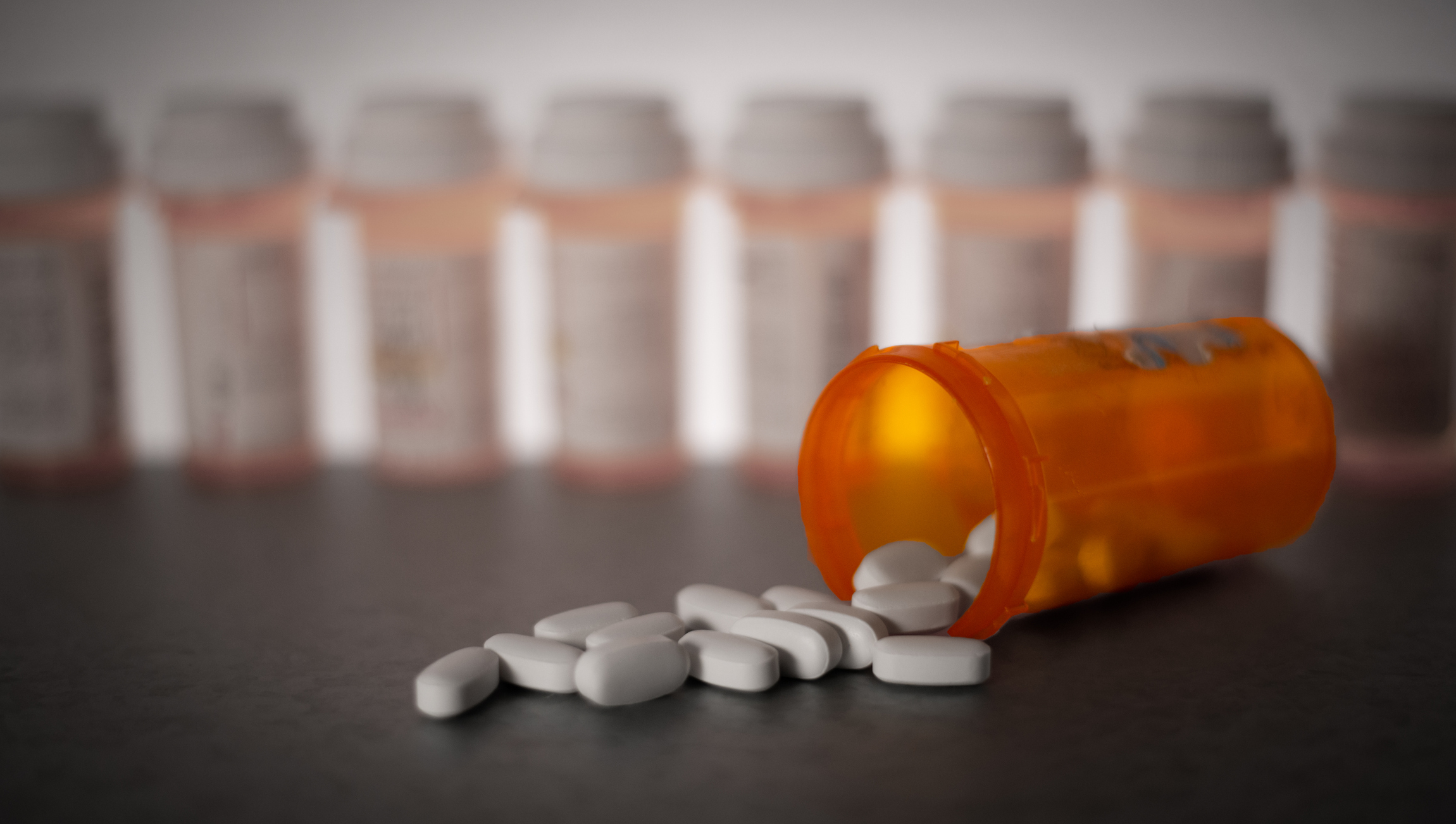MENUMENU

A variety of stigmas and myths surrounds addiction. It is essential to discuss these myths, to help bring these outdated perceptions to a modern, more accurate understanding of dependence and addiction recovery. South Hills Recovery Project has put together a list of some of the most common stigmas and myths surrounding addiction.
As research continues, it has shown that addiction is a chronic and complex disease. Addiction requires lifelong management and care. At one time, it was believed that once a person was physically sober, they would be on the right path, whereas modern research shows that recovery lies in treating the psychological stressors that can arise shortly after or years after recovery, causing a relapse.
When treating addiction, it is crucial to understand that addiction does not have a one time cure. Comprehensive treatment of physical addiction, as well as mental health issues, need to be treated with a combination of relapse management tools and traditional therapies.
People who are struggling with addiction are dealing with a compulsion. This is defined as a subconscious drive to use alcohol or drugs even though they are aware that it is damaging or unhealthy. A chemical imbalance in the brain causes this compulsion. A chemical imbalance can be caused by different factors, all of which are out of the individual’s control.
Research suggests that addiction has a genetic component. If an individual has a family history of substance abuse, their brain may be wired to be more susceptible to addiction than other individuals. Other factors, such as a traumatic experience such as physical abuse or sexual assault, can increase the risk of addiction.
Even if a person uses drugs or alcohol, knowing they could be addictive, the addiction doesn’t happen immediately or intentionally. As a person continues to use alcohol or drugs, the addiction develops, and the brain changes to begin to depend on the substance, causing the compulsion. This compulsion takes away their ability to choose whether or not they use alcohol or drugs.
Many of us trust doctors with our wellbeing, so it normal that we tend to believe that prescription drugs are safe. In many cases, they are safe for treating legitimate health concerns as long as they are taken in accordance with your doctor’s instructions. Stimulants (Ritalin), opioids (Vicodin), and benzodiazepines such as Xanax are potent substances that contain similar chemical compounds to illicit drugs but have a purer concentration. If they are misused, they become just as dangerous as illicit substances.
Rapid tolerance, where the individual requires higher doses to achieve the desired results, is a way that prescription drug abuse is characterized. When an individual becomes tolerant of prescription medication, this leads to dependence and addiction. This also leads to a higher risk for an overdose as the individual continues to take higher, more dangerous does.
According to the National Institute on Drug Abuse, there has been a higher rate of prescription drug overdoes when compared to overdoses of cocaine or heroin.
With so much information out there on the internet, it can be difficult to know fact from fiction. This is why it essential to learn the truth about addiction and to share accurate and updated information about it.
Believing in old stereotypes or making judgments about addiction recovery can be damaging to our ability as a society to discuss addiction healthily and also prevent those who are struggling with addiction from receiving the understanding and support they need on their journey to recovery.
For more information on opiate treatment in the South Hills, contact South Hills Recovery Project today.